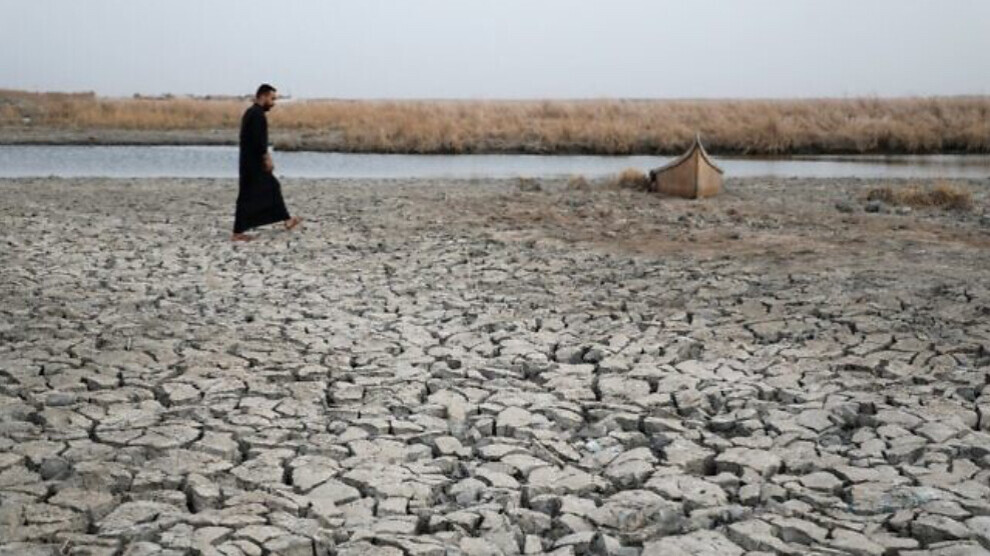1200 families left their homes due to drought in southern Iraq
1,200 families have left marshlands and agricultural areas in the last six months due to drought and water shortages in the rural and poor province of Zikar in southern Iraq.
1,200 families have left marshlands and agricultural areas in the last six months due to drought and water shortages in the rural and poor province of Zikar in southern Iraq.

The marshlands of southern Iraq, often referred to as the 'Garden of Eden', is listed as a UNESCO World Heritage Site. The region experienced a drought last summer due to the lack of rainfall and the decrease in the water flow of the Tigris and Euphrates rivers caused by the construction of dams by the Turkish and Iranian states.
“About 1,200 water buffalo herdsmen or farmer families in the marshlands or other parts of the Zikar province were forced to leave their houses due to water shortages,” Salih Hadi, director of the agricultural institution in the Zikar province, told AFP.
The local official said that this migration had started in April. “Half of these families settled near the rivers in the north of Nasiriyah. Others are reported to have gone to other regions in the centre or south of the country.
In a statement at the end of September, the Ministry of Hydraulic Resources revealed that 2022 was one of the driest years in Iraq since 1930. The Ministry stated that the drought was caused by the decrease in rainfall and in the water coming from neighbouring countries in the last three years.
The Food and Agriculture Organization of the United Nations (FAO) reported that there was an "unprecedented decrease in water levels" in July, adding that the marshlands are “one of the poorest regions in Iraq and most affected by climate change”. Pointing to the "disastrous impact" of the drought and water shortages on more than 6,000 families, the FAO noted that families were "losing their only source of income, water buffalos".